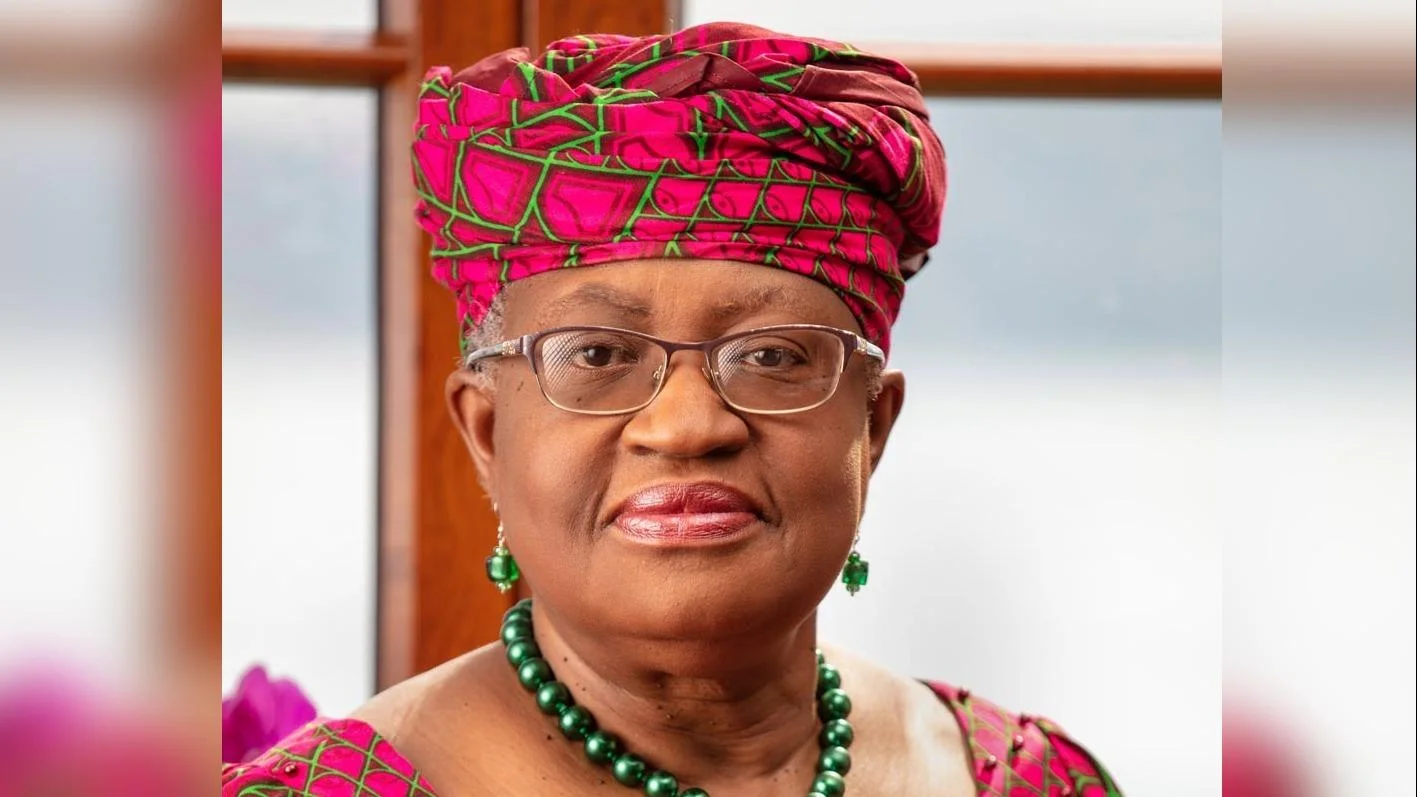Representatives from the governments of Azerbaijan, Bahamas, Belarus, Bhutan, Curaçao, Ethiopia, Iran, Iraq, Libya, Somalia, Turkmenistan, and Uzbekistan recently concluded a training course on trade in services in Geneva. The course aimed to enhance understanding of the General Agreement on Trade in Services (GATS) disciplines, assisting participants in learning to create schedules of commitments and develop market access offers during bilateral negotiations.
Participants explored current trends in services trade, the Joint Initiative on Services Domestic Regulation, and topics like e-commerce and investment facilitation. Experience-sharing roundtables were also organized with WTO members active in accessions.
WTO Deputy Director-General Xiangchen Zhang, at the closing session, underscored the WTO accession process's potential, emphasizing the role of service negotiations in fostering domestic reform and foreign investment. He urged participants to continue advancing negotiations while engaging across all WTO areas.
During a closing fireside chat with Hamid Mamdouh, WTO Deputy Director-General Johanna Hill highlighted the resilience of services trade, noting the successful performance of recent WTO members in this sector.
Maika Oshikawa, Director of the WTO’s Accessions Division, opened the course by stressing the importance of specialized training since 2016 for understanding WTO disciplines. “Understanding WTO disciplines and practices on trade in services is essential for preparing market access offers and conducting bilateral market access negotiations,” she said.
Markus Jelitto, Officer in Charge of the WTO Trade in Services and Investment Division, remarked on the complexity and potential of negotiating services in the WTO accession context: “Negotiating services in the context of WTO accession is a complex challenge — but one that holds significant potential. Services trade offers exceptional opportunities for developing economies, including those in the process of WTO accession.”
Mondher Mimouni, Director of ITC's Division of Market Development, emphasized the importance of mastering WTO rules for acceding governments. “This training is a critical step toward maximizing the benefits of WTO membership,” he stated.
Participants shared their experiences, with Ylham Yarashov from Turkmenistan finding guidance for his government's accession, noting, “The knowledge gained from this training will be applied directly because we will be beginning to build Turkmenistan's position.” Sonam Tshering Dorji from Bhutan’s Ministry of Industry, Commerce and Employment appreciated the insights into services, stating it strengthened his ability to handle commitments and expand networking opportunities.
Another participant, Carol Young from The Bahamas Investment Authority, highlighted the course's relevance to her country’s investment policy alignment with WTO principles: “The training highlighted the need to better align my country’s National Investment Policy with WTO principles to prepare for its accession to the Organization.”

